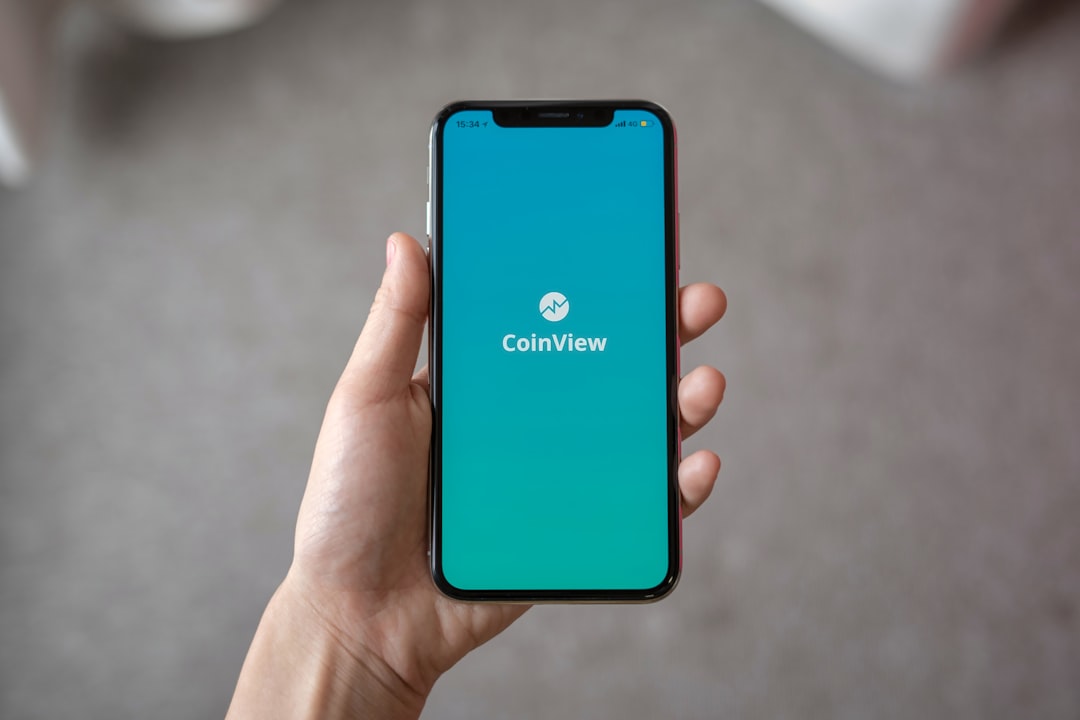In Utah, strict telemarketing regulations protect residents from unwanted calls, particularly those targeting law firms. Businesses must comply with Do Not Call (DNC) laws to avoid substantial fines and reputational damage. Implementing a robust DNC list, honoring opt-out requests, and regularly reviewing call scripts are key practices for law firms to stay compliant and maintain customer trust. Regular compliance audits are essential to navigate the complexities of Utah's do-not-call laws effectively.
In Utah, adhering to telemarketing rules is paramount for businesses aiming to protect consumer rights while fostering trust. This article guides you through essential steps to navigate the state’s unique regulations, with a focus on compliance and consumer protection. From understanding the Do Not Call Law and its implications for law firms in Utah to implementing effective opt-out mechanisms, these strategies ensure your telemarketing practices remain legally sound and customer-centric.
Understanding Telemarketing Regulations in Utah

In Utah, telemarketing activities are heavily regulated to protect consumers from unwanted calls, especially those targeting law firms. The Do Not Call list is a crucial aspect of this regulation, allowing residents to opt-out of receiving marketing calls. This list is actively maintained and enforced by the state, ensuring that businesses adhere to the rules. Any telemarketer operating within Utah must comply with these regulations, which include specific guidelines for making marketing calls, including restrictions on certain types of calls, like those to law firms.
Understanding these regulations is essential for businesses to avoid legal repercussions. Violations can result in significant fines and damage to a company’s reputation. Consumers in Utah have the right to peace and quiet during non-business hours, and telemarketers must respect this. By following the Do Not Call laws, especially when it comes to law firm communications, businesses can foster better relationships with their target audience and stay compliant.
Implementing Do Not Call Lists and Opt-Out Mechanisms

Implementing a robust Do Not Call (DNC) list and providing an easy opt-out mechanism are essential steps for telemarketing compliance, especially for law firms in Utah operating within the strict regulations of the Telephone Consumer Protection Act (TCPA). By maintaining an up-to-date DNC list, firms can ensure they aren’t making unwanted calls to clients or potential customers who have expressed their preference not to be contacted. This list should be cross-referenced with various sources to capture all relevant opt-outs, including national and state databases.
When a client or prospect requests to be removed from your call list, it’s crucial to honor that request promptly and accurately update your records. Many consumers now expect the option to opt out of telemarketing calls, and failure to respect this preference can result in significant fines. An efficient opt-out process involves offering multiple methods for consumers to remove themselves from future calls, such as a dedicated phone number, email address, or online form, ensuring compliance with both state and federal regulations regarding Do Not Call laws in Utah.
Best Practices for Compliance and Consumer Protection

To ensure compliance with telemarketing rules, especially regarding do-not-call laws in places like Utah, it’s crucial to adopt best practices that prioritize consumer protection. Start by verifying and maintaining an up-to-date list of consumers who have opted out of receiving calls. This involves implementing robust opt-out mechanisms during every interaction and honoring these preferences without exception. Regularly review and update your call scripts to ensure they align with legal requirements, clearly communicating your company’s policies and the consumer’s rights.
Training your staff on compliance issues is paramount. Educate them about Utah’s specific do-not-call laws, including restrictions on certain types of calls and required disclosures. Ensure every agent understands their responsibility in verifying consumer consent and documenting call outcomes to avoid any legal repercussions. Regular compliance audits can help identify gaps and ensure ongoing adherence to these vital regulations, safeguarding your business from potential penalties and maintaining customer trust.






